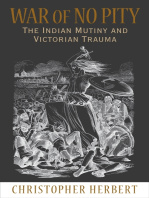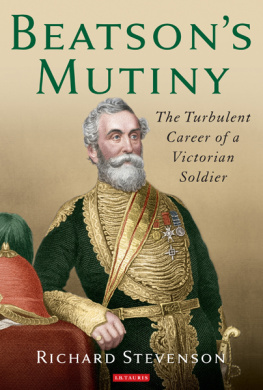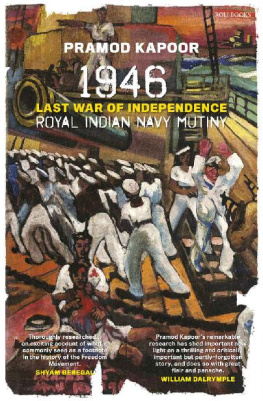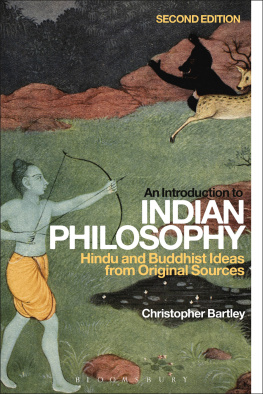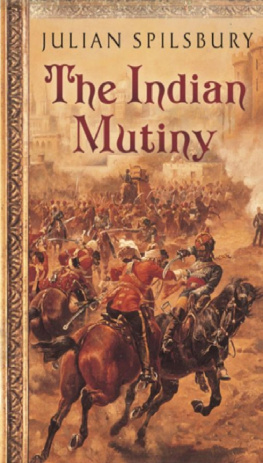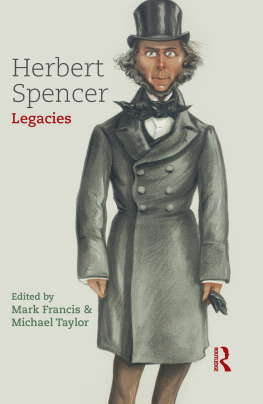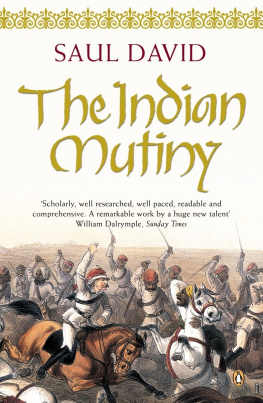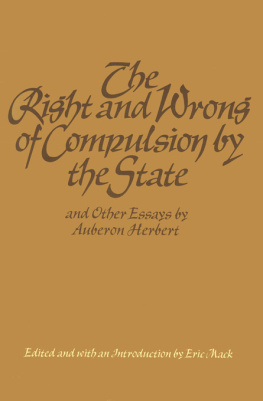Christopher Herbert - War of No Pity: The Indian Mutiny and Victorian Trauma
Here you can read online Christopher Herbert - War of No Pity: The Indian Mutiny and Victorian Trauma full text of the book (entire story) in english for free. Download pdf and epub, get meaning, cover and reviews about this ebook. genre: Politics. Description of the work, (preface) as well as reviews are available. Best literature library LitArk.com created for fans of good reading and offers a wide selection of genres:
Romance novel
Science fiction
Adventure
Detective
Science
History
Home and family
Prose
Art
Politics
Computer
Non-fiction
Religion
Business
Children
Humor
Choose a favorite category and find really read worthwhile books. Enjoy immersion in the world of imagination, feel the emotions of the characters or learn something new for yourself, make an fascinating discovery.
- Book:War of No Pity: The Indian Mutiny and Victorian Trauma
- Author:
- Genre:
- Rating:4 / 5
- Favourites:Add to favourites
- Your mark:
- 80
- 1
- 2
- 3
- 4
- 5
War of No Pity: The Indian Mutiny and Victorian Trauma: summary, description and annotation
We offer to read an annotation, description, summary or preface (depends on what the author of the book "War of No Pity: The Indian Mutiny and Victorian Trauma" wrote himself). If you haven't found the necessary information about the book — write in the comments, we will try to find it.
War of No Pity: The Indian Mutiny and Victorian Trauma — read online for free the complete book (whole text) full work
Below is the text of the book, divided by pages. System saving the place of the last page read, allows you to conveniently read the book "War of No Pity: The Indian Mutiny and Victorian Trauma" online for free, without having to search again every time where you left off. Put a bookmark, and you can go to the page where you finished reading at any time.
Font size:
Interval:
Bookmark:
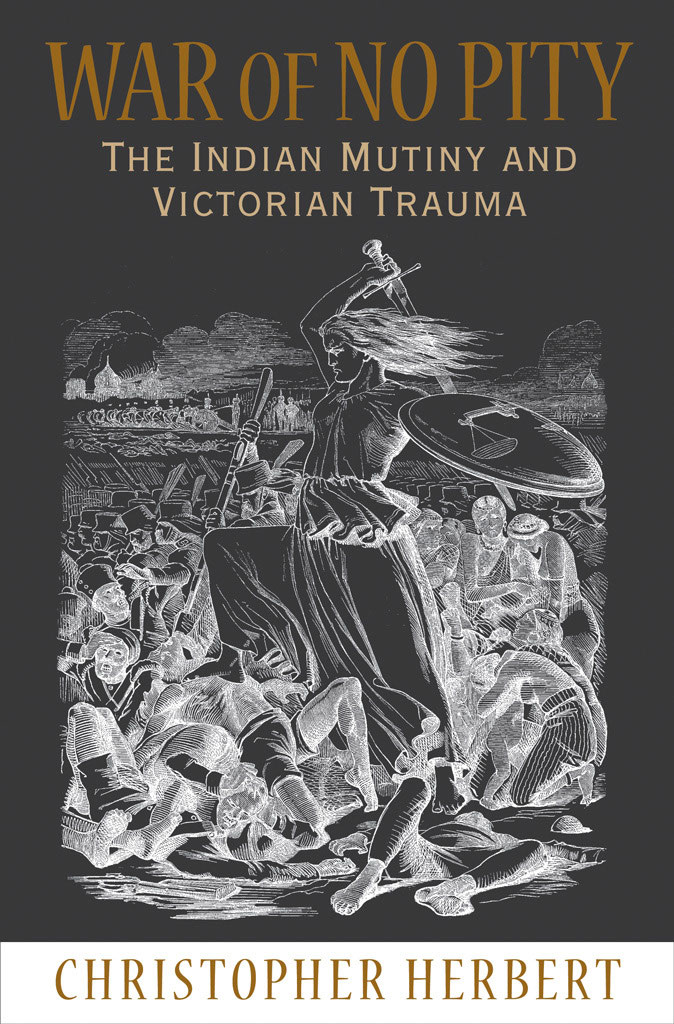
War of No Pity

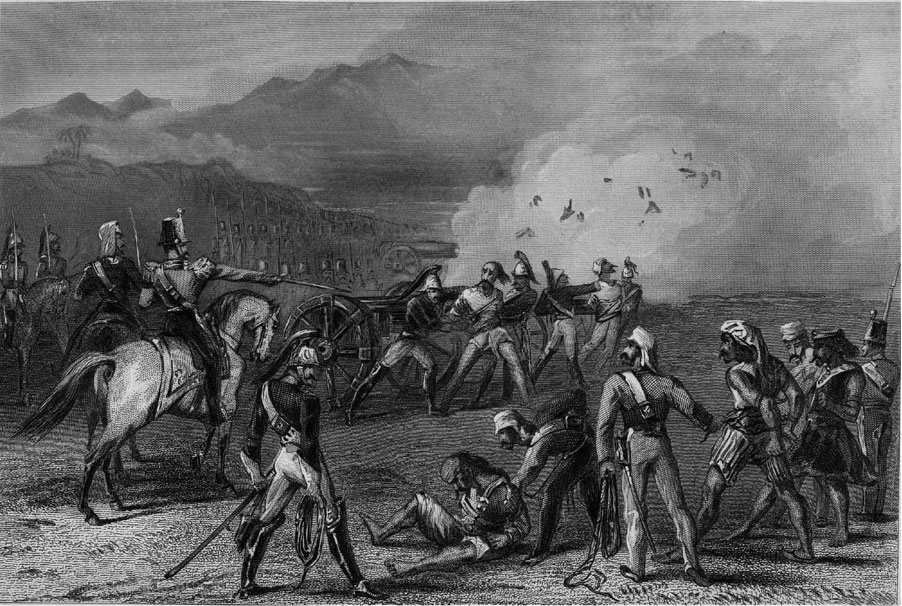
War of No Pity
THE INDIAN MUTINY
AND VICTORIAN TRAUMA
Christopher Herbert
PRINCETON UNIVERSITY PRESS
PRINCETON AND OXFORD
Copyright 2008 by Princeton University Press
Published by Princeton University Press, 41 William Street,
Princeton, New Jersey 08540
In the United Kingdom: Princeton University Press, 3 Market Place,
Woodstock, Oxfordshire OX20 1SY
All Rights Reserved
Frontispiece. Blowing Mutinous Sepoys from the Guns
(Charles Ball, History of the Indian Mutiny)
Library of Congress Cataloging-in-Publication Data
Herbert, Christopher, 1941
War of no pity : the Indian Mutiny and Victorian trauma / Christopher Herbert.
p. cm.
Includes bibliographical references and index.
ISBN 978-0-691-13332-4 (cloth : acid-free paper) 1. English literature19th
eISBN 978-1-400-83276-7
centuryHistory and criticism. 2. IndiaHistorySepoy Rebellion,
1857-1858Literature and the rebellion. 3. IndiaHistorySepoy Rebellion,
1857-1858Historiography. 4. IndiaHistorySepoy Rebellion,
1857-1858Public opinion. 5. Politics and literatureGreat Britain
History19th century. 6. Literature and historyGreat BritainHistory
19th century. 7. Polemics in literature. 8. IndiaIn literature. I. Title.
PR468.I517H47 2008 823/.809358dc22 2007013326
British Library Cataloging-in-Publication Data is available
This book has been composed in Sabon
Printed on acid-free paper.
press.princeton.edu
Printed in the United States of America
1 3 5 7 9 10 8 6 4 2
Paper ISBN 978-0-691-14330-9

How appalling to hear of such a death, and be able to feel no pity!
Charles Dickens, Bleak House (1853)
We had no room in our hearts for any feeling of pity.
A British observer of executions at Peshawur, quoted by Charles Ball,
The History of the Indian Mutiny (c. 1860)
Mercy is a word we have scratched out of our memories.
A British observer of executions at Mhow,
quoted by R. Montgomery Martin,
The Mutiny of the Bengal Army (c. 1861)



The writing of this book was generously subsidized by grants from the American Council of Learned Societies, the National Endowment for the Humanities, and the Alice Berline Kaplan Center for the Humanities at Northwestern University. I am very pleased to express my gratitude to each of them, and at the same time to the Department of English and to the Weinberg College of Arts and Sciences at Northwestern for their support of my scholarly endeavors now and in the past. I was fortunate to have at my disposal for the duration of this project the rich resources of the Northwestern University Library; special thanks go to Victoria Zahrobsky of Interlibrary Loan and to Russell Maylone of Special Collections. I am grateful to the Houghton Library, Harvard University, for permission to reproduce a sketch by Mary Elizabeth Braddon, and to Sir Andrew Lloyd Webber for permission to reproduce In Memoriam, by Sir Joseph Noel Paton.
For many years I have been the beneficiary of the thriving intellectual and interpersonal community at Northwestern, where my good fortune decreed that I was to spend my scholarly career. Especially, I have been lucky to have as my closest departmental interlocutors two gifted and generous Victorianists, Jules Law and Chris Lane. Once again I have the pleasure of thanking here my old friends David Simpson and Chip Tucker for invaluable services at strategic moments. The two readers for the press, James Buzard and Margery Sabin, lavished incisive but sympathetic attention on my imperfect manuscript and made suggestions for improvement that I have done my best to follow. I trust they will see how much this book owes to them. A different order of thanks goes to George Levine, whose friendship over the past decade or so has lent so much sparkle to my existence, and not only by bringing so many warblers and other avian visitants within reach of my binocular lenses. Not the least of the kind offices for which I must thank him has been that of leading me to the Princeton University Press and to its exemplary literary editor, Hanne Winarsky.
The book group has been as always a source of exhilaration and great cuisine.
My wife and my two magnificent children, whose only flaw is that of living too far away, are nearest to my heart.

Of the many interconnected riddles that the Indian Mutiny of 185759 poses to a historian of nineteenth-century culture, the primary one is this: why did contemporaries consider it an event of epochal importance?
Gauged purely in the light of its empirical scale and its practical consequences, the Mutiny might not seem an outstandingly momentous historical event. The two-year campaign waged by the British Army of Retribution against the 1857 rebellion of Indian mercenary troops did prove to be a harrowing and sanguinary one, a struggle marked on both sides by a ferocity for which even the ordinary depravity of human nature cannot account (Grant and Knollys 1) and which contemporaries sought perplexedly to explain to themselves. Nor should the war be considered a trivial episode, either militarily or in terms of its possible consequences for national and global politics. Undoubtedly, as John Colvin, the lieutenant governor of the North-Western Provinces, said at the time, the safety of the Empire was imperilled and a crisis in our fortunes had arrived, the like of which had not been seen for a hundred years (qtd. Kaye 3:19697). The terrible Mutiny, said General Hope Grant, for a time, had shaken the British power in India to its foundation (Grant and Knollys 334). Had the large, well-trained, and (except for the crucial lack of modern rifles) well-equipped but poorly led rebel armies prevailed, and had the rebels achieved their goal of effecting, in the words of one rebel leader, the complete extermination of the infidels from India (Kaye 3:275), the result would have been a catastrophe for Britain. Yet the magnitude of the conflict as measured in terms of numbers of combatants involved or of casualties sustained was, by comparison to contemporary campaigns like the Crimean War... or the American Civil War, not to mention the military apocalypses of later battlefields like those of the Somme or of Stalingrad, fairly small (Judd 73). The numbers of British victims who perished in the epidemic of massacres that swept through Bengal and appalled the Victorian public in the summer of 1857 were also, by twentieth-century standards, surprisingly small, small enough for the dead to be listed almost individually in contemporary reports. And for all its initial desperate gravity, the uprising was suppressed fairly swiftly in a series of decisive battlefield victories owed in part to the lethality of the new Enfield rifle and celebrated at the time as glorious vindications of British racial prowess and imperial destiny. The government of India and the administration of the Indian army were then vigorously reformed (notably by the abolition of the East India Company), with the result that British control of India emerged stronger than ever in the aftermath of the great upheaval, strong enough not to be relinquished until almost a century later. The geopolitical significance of the Mutiny, in other words, was limited; nor do modern historians tend to treat it as more than a lurid footnote to the tale of nineteenth-century imperialism.
Next pageFont size:
Interval:
Bookmark:
Similar books «War of No Pity: The Indian Mutiny and Victorian Trauma»
Look at similar books to War of No Pity: The Indian Mutiny and Victorian Trauma. We have selected literature similar in name and meaning in the hope of providing readers with more options to find new, interesting, not yet read works.
Discussion, reviews of the book War of No Pity: The Indian Mutiny and Victorian Trauma and just readers' own opinions. Leave your comments, write what you think about the work, its meaning or the main characters. Specify what exactly you liked and what you didn't like, and why you think so.

